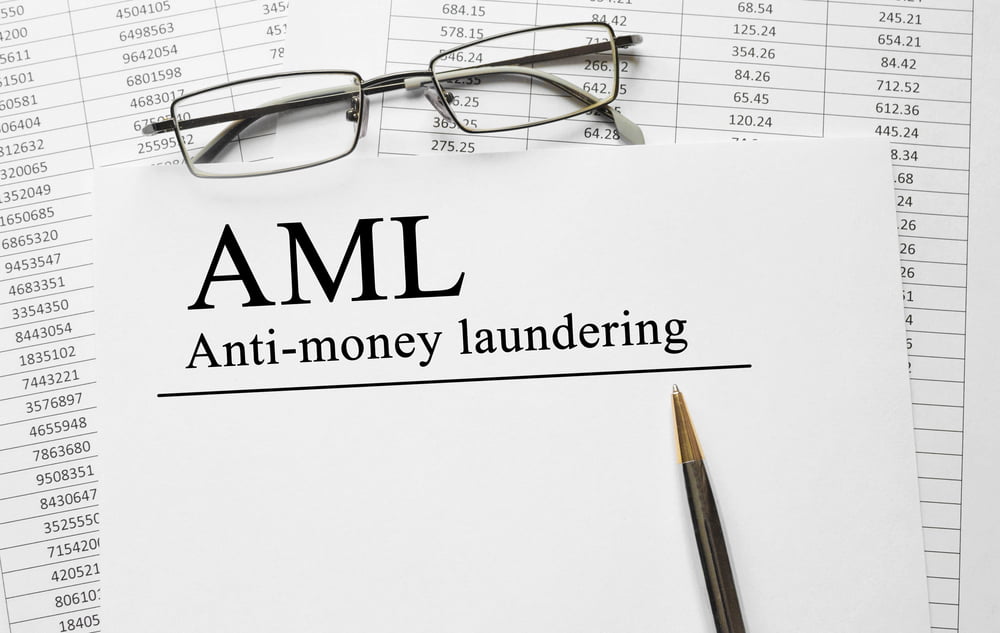Bitcoin is often scrutinized for being pseudonymous. Government officials do not like the fact that they cannot directly associate Bitcoin transactions with users’ identities. Cryptocurrency exchanges routinely perform Know Your Customer (KYC) and anti-money laundering (AML) checks to ensure all customers are screened. A currency known as Bitcoin AML purports to be a new version of Bitcoin. It’s a bit of an unusual concept, but it may have some merit.
AML Bitcoin is not Your Average Cryptocurrency
Although cryptocurrency exchanges perform thorough checks to determine users’ identities and obtain proper documentation, government officials are still concerned. Earlier this year, China’s government forced all exchanges to step up their AML efforts. As a result, these platforms halted withdrawals for quite some time, which sent shock waves throughout the cryptocurrency community.
Bitcoin and Bitcoin AML are two very different currencies. Bitcoin is a cryptocurrency, whereas AML Bitcoin is a digital currency with some form of centralization behind it. In that sense, it seems to miss the point since decentralized currencies are not designed to be controlled by any means.
NAC Foundation is the entity responsible for creating AML Bitcoin. The currency is currently set to launch on October 1st of this year, which will be quite an interesting date to keep an eye on. It appears this new digital currency will come with its own patent-pending anti-money laundering algorithm, although the exact specifications of this technology remain shrouded in mystery. The goal is to comply with existing AML and KYC laws, although it is a bit unclear why a new version of Bitcoin would need to be created for that purpose.
Some readers may recall the NAC Foundation, as they are the ones who came up with the idea for Atencoin, a cryptocurrency that tried to do some things very differently. It appears it is that same AtenCoin which will rebrand to AML Bitcoin next month. The currency is tailored to be bank and government friendly, while still gaining respect from academics all over the world. Whether or not this currency will strengthen the social sector and be beneficial to future regulation of new forms of money remains to be seen.
The AML Bitcoin project will have a database which can be cross-referenced with criminal and sanction list databases. According to its website, those lists include the FBI’s Most Wanted List and the Canadian SOFI List. The centralized aspect of this digital currency revolves around the compliance features it brings to the table. The blockchain used by this project is privately regulated yet boasts some public features as well.
On the technical side, it appears AML Bitcoin will be a proof-of-work currency using the X11 algorithm. There is a block time of 64 seconds with a transaction fee of 0.0001 AML per 1,000 bytes. A total of 26 million AML will be created, with the first 24 million premined by the NAC Foundation. It is an interesting concept, although it remains to be seen whether or not this concept will catch on in the future. An AML version of Bitcoin is certainly something unique, although it is not in the same league as the real thing.

